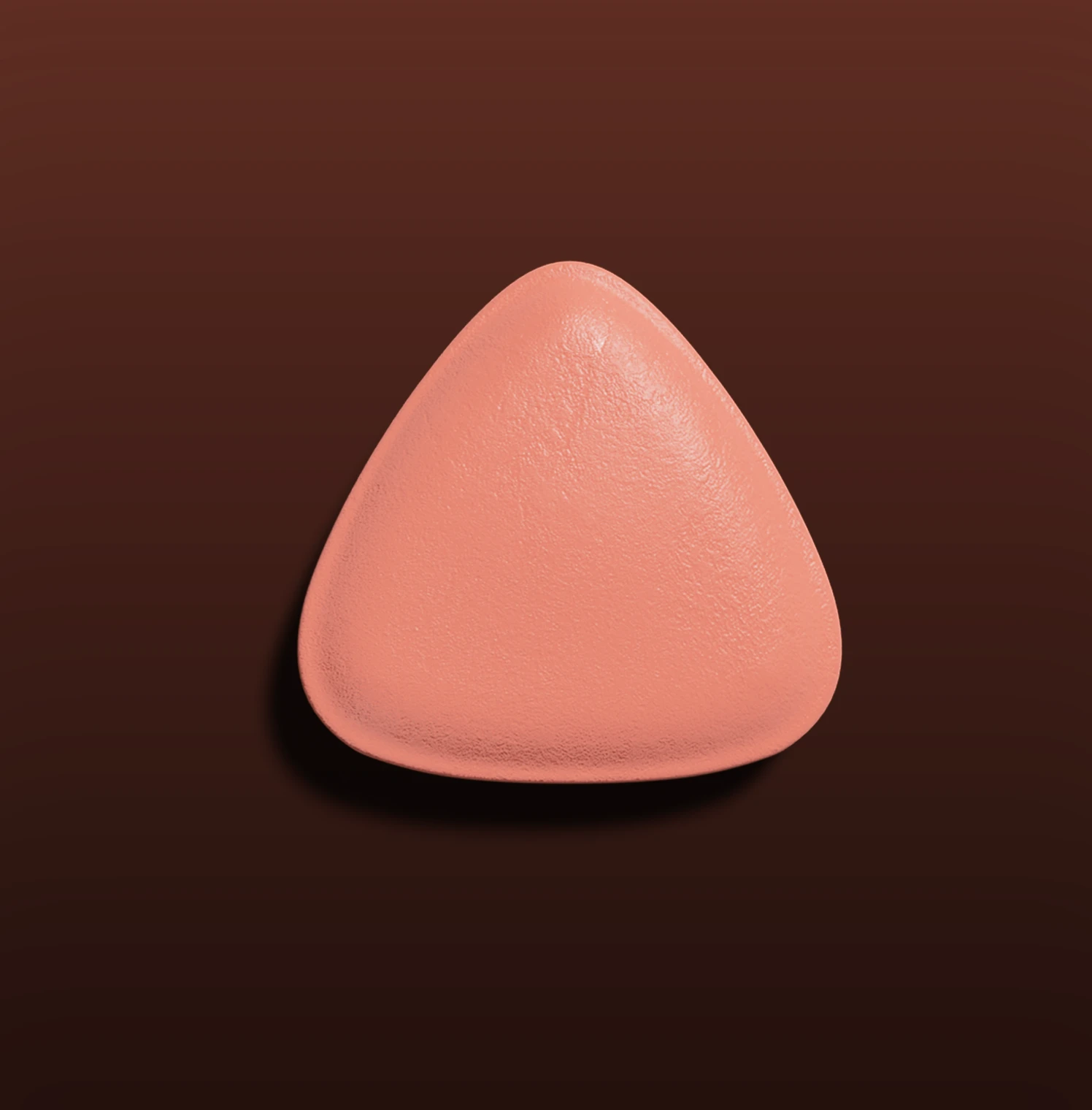Contents
Why Does Vaginal Lubrication Matter for Sex
Sexual activity can be a deeply pleasurable and intimate experience, and a key factor that contributes to this enjoyment is vaginal lubrication. While it might not be a topic that is openly discussed, understanding vaginal lubrication is important for both women and their partners. In this article, we will delve into the science behind vaginal lubrication, discuss its role in sexual health, explore the factors that can affect lubrication, and offer tips on promoting healthy lubrication. Let's get started.
Understanding Vaginal Lubrication
Before we dive into the importance of vaginal lubrication, let's first understand what it is and how it works. Vaginal lubrication refers to the moisture that naturally occurs in the vagina during sexual arousal and is essential for comfortable and pleasurable sexual activity.
When it comes to vaginal lubrication, it's not just about physical arousal. Emotional and mental factors also play a significant role in the body's response. Feelings of safety, trust, and intimacy can all contribute to the body's ability to produce adequate lubrication. This interconnectedness highlights the importance of overall well-being in sexual experiences.
The Science Behind Vaginal Lubrication
Vaginal lubrication is a physiological response that is regulated by hormones and is influenced by various factors. When a woman is sexually aroused, the blood flow to the genital area increases, and the walls of the vagina produce a clear fluid that acts as a natural lubricant. This lubrication serves multiple purposes, including reducing friction and allowing for smooth penetration, enhancing sensation, and making sexual activity more enjoyable.
Furthermore, the process of vaginal lubrication is a complex and intricate one. The body's endocrine system, specifically estrogen levels, plays a crucial role in maintaining vaginal health and lubrication. Any disruptions in hormone levels, whether due to menopause, pregnancy, or certain medications, can impact the body's natural lubrication production.
Common Misconceptions About Vaginal Lubrication
There are several misconceptions surrounding vaginal lubrication that can impact a woman's sexual experience. One common misconception is that the presence of lubrication is an indication of arousal. However, it's important to know that lubrication can vary from person to person and may not always be a reliable indicator of sexual arousal. It's also worth noting that lubrication does not solely rely on age; women of all ages can experience fluctuations in lubrication.
Another misconception is that vaginal lubrication is only necessary for older women or those experiencing menopause. In reality, adequate lubrication is essential for women of all ages to ensure comfortable and enjoyable sexual activity. Understanding the factors that influence vaginal lubrication can help individuals navigate their sexual health with knowledge and confidence.
The Role of Vaginal Lubrication in Sexual Health
Importance of Lubrication in Preventing Discomfort and Pain
Lubrication plays a crucial role in preventing discomfort and pain during sexual activity. Insufficient lubrication can lead to friction, which can result in irritation, soreness, and even small tears in the delicate tissues of the vagina. These discomforts can make sexual activity unpleasant and may negatively impact both partners' sexual satisfaction and overall well-being.
It's important to note that vaginal lubrication is a natural physiological response to sexual arousal. When a person is sexually stimulated, the blood flow to the genital area increases, leading to engorgement of the tissues and the production of lubricating fluids. However, various factors such as hormonal changes, certain medications, stress, and menopausal effects can affect the body's ability to produce an adequate amount of lubrication.
Lubrication and Sexual Satisfaction
Healthy lubrication not only prevents discomfort but also contributes to overall sexual satisfaction. The presence of sufficient lubrication can increase sensitivity and enhance pleasure during sexual activity. It can improve the ease of penetration, reduce the risk of abrasions, and allow couples to engage in longer and more fulfilling sexual experiences.
Furthermore, adequate lubrication can play a significant role in intimacy and emotional connection between partners. When both partners are comfortable and fully engaged in the sexual experience, it can lead to a deeper sense of connection and mutual satisfaction. Communication about lubrication preferences and needs can also foster understanding and empathy between partners, enhancing the overall quality of their sexual relationship.
Factors Affecting Vaginal Lubrication
Hormonal Changes and Vaginal Lubrication
Hormonal changes, such as those that occur during menopause, can have a significant impact on vaginal lubrication. As estrogen levels decrease, the vaginal tissues may become thinner, drier, and less elastic. This can lead to a reduction in natural lubrication and an increased risk of discomfort during sexual activity. Fortunately, there are various hormonal treatments available that can help alleviate these symptoms.
Menopause is a natural biological process that marks the end of a woman's menstrual cycles. During this time, the ovaries produce less estrogen and progesterone, leading to hormonal fluctuations that can impact various aspects of a woman's health, including vaginal lubrication. It's essential for women experiencing menopausal symptoms to consult with healthcare providers to explore treatment options that can help manage vaginal dryness and discomfort.
Impact of Stress and Anxiety on Lubrication
Stress and anxiety can also affect vaginal lubrication. The body's response to stress can interfere with the natural processes that promote sexual arousal, including lubrication. Additionally, emotional factors, such as relationship issues or body image concerns, can contribute to decreased lubrication. It's important to address these underlying causes and find ways to manage stress and anxiety to promote healthy lubrication.
In today's fast-paced world, stress has become a common experience for many individuals. Chronic stress can have a profound impact on overall health and well-being, including sexual function. Finding healthy coping mechanisms, such as mindfulness practices, exercise, or therapy, can help reduce stress levels and improve lubrication. It's crucial to prioritize self-care and mental health to support optimal sexual wellness.
Addressing Issues with Vaginal Lubrication
Over-the-Counter Solutions for Lubrication
For women experiencing temporary or occasional vaginal dryness, there are over-the-counter lubricants available that can help enhance lubrication during sexual activity. These lubricants come in different forms, such as water-based, silicone-based, and oil-based, and offer varying degrees of longevity. It's important to choose a lubricant that is compatible with you and your partner and to consider any potential allergies or sensitivities.
Water-based lubricants are a popular choice as they are compatible with most condoms and sex toys. They are also easy to clean up and do not stain fabrics. Silicone-based lubricants, on the other hand, provide a longer-lasting slippery feel and are ideal for activities in water as they are waterproof. Oil-based lubricants, such as coconut oil, can be a natural alternative; however, they are not safe to use with latex condoms as they can degrade the material.
When to Seek Medical Advice
If you are consistently experiencing vaginal dryness or discomfort during sexual activity, it is advisable to seek medical advice. A healthcare professional can help identify any underlying causes, such as hormonal imbalances or certain medical conditions, and recommend appropriate treatment options. Open communication with your healthcare provider is essential to find effective solutions for improving vaginal lubrication.
Furthermore, vaginal dryness can also be influenced by lifestyle factors such as stress, certain medications, and insufficient hydration. Ensuring you are well-hydrated, managing stress levels, and discussing any medication side effects with your healthcare provider can also contribute to addressing vaginal dryness. It's important to remember that seeking medical advice is crucial to rule out any serious underlying conditions and to receive personalized care for your specific situation.
Promoting Healthy Vaginal Lubrication
Lifestyle Changes for Improved Lubrication
In addition to medical interventions, there are lifestyle changes that can promote healthy vaginal lubrication. Staying hydrated is crucial as it helps maintain overall body hydration, including the vaginal tissues. Incorporating foods rich in omega-3 fatty acids, such as fish and nuts, can also support vaginal health. Engaging in regular exercise and managing stress through relaxation techniques can further contribute to healthy lubrication.
The Role of Hydration and Diet in Lubrication
Hydration and diet play significant roles in maintaining proper vaginal lubrication. Drinking an adequate amount of water throughout the day helps keep the body hydrated, including the vaginal tissues. Additionally, a balanced diet that includes foods rich in vitamins and minerals, such as fruits and vegetables, can support overall vaginal health and promote natural lubrication.
Furthermore, it is important to note that hormonal changes, such as those experienced during menopause or pregnancy, can also impact vaginal lubrication. During menopause, decreased estrogen levels can lead to vaginal dryness, making it essential to consult a healthcare provider for appropriate treatment options. Similarly, pregnancy can cause fluctuations in hormone levels that may affect vaginal lubrication, emphasizing the need for open communication with healthcare professionals.
Moreover, incorporating mindfulness practices, such as meditation or yoga, into daily routines can help reduce stress levels, which in turn can positively impact vaginal lubrication. Stress has been linked to hormonal imbalances that can disrupt the body's natural lubrication process, highlighting the interconnectedness of mental and physical well-being.




